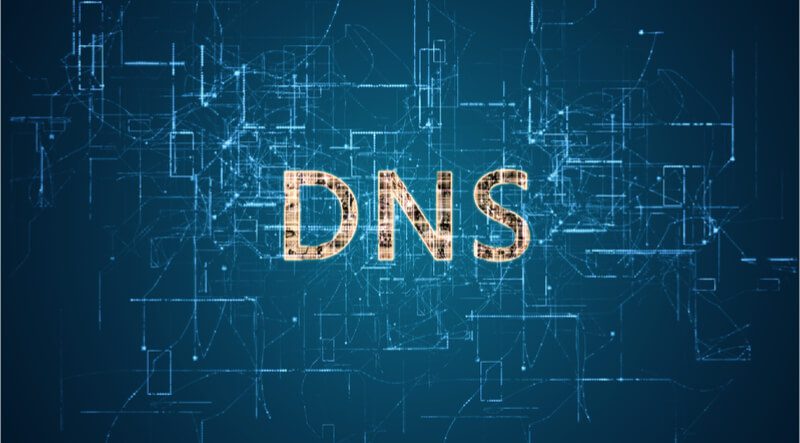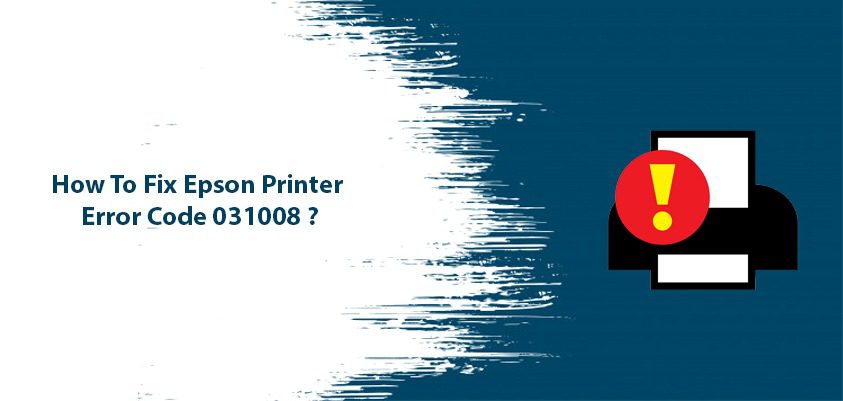
In December 2017, OpenSea, one of the largest NFT marketplace platforms, was created. The platform’s popularity soared beyond all forecasts. Furthermore, in the most recent round, which was announced on March 18th, 2021, it secured substantial funding of $23 million ($27.2 million total).
Due to the success and popularity of the OpenSea platform, a number of companies are launching their own NFT marketplaces similar to OpenSea.
The OpenSea platform allows you to decentrally create, list, trade, and manage your things with other users. You can also interact with other users to buy and sell NFTs that are currently available in the marketplace.
Developers can use this solution to create apps that interface with OpenSea’s backend services, such as transferring stuff between accounts, listing items for sale, and making offers to buy items from other users.
NFTs (non-fungible tokens) are a type of digital asset that can be used to represent real-world assets such as art, music, in-game items, and films. These tokens are based on Ethereum blockchain technology and are one-of-a-kind in that they cannot be replaced by any other value.
NFT token can be regarded as digital works of art, such as graphics, photos, photographs, music, and portions in video games, whose worth is expressed in Ethereum or Bitcoin cryptocurrency, whose value is later translated into dollars, if we take a genuine image from the market as an example.
NFT functions similarly to a cryptocurrency in that it is stored on a blockchain has a monetary value and can be traded. However, it is visually appealing enough to be referred to as NFTs creation or, even more simply, NFTs digital assets.
These tokens are one-of-a-kind, just like a work of art might be one-of-a-kind. There are tokens that are partially unique, as well as those that are more unique but have a limited amount.
This is a feature that has a substantial impact on the pricing, among other things. NFT is likewise indivisible; unlike bitcoin, it cannot be split into halves or divided into many pieces, but instead acts entirely in its entirety.
OpenSea is one of the greatest markets for NFT, or virtual assets, with a wide range of GIFs, animations, and basic graphics, and whose authors can earn millions of dollars by selling some of these works of art, which we will discuss later in the webinar.
The Most Influential Business People Driving Blockchain Adoption
How To Create An NFT MarketPlace Website like OpenSea
We are completely aware that the NFT marketplaces are in trend and are completely ready to serve in the right places aiding the digital content creators. This way, one can seamlessly lookout different ways to showcase their creativities and quite easily can increase their revenue via every means. This blog post is here to help you to create an NFT marketplace website like Opensea.
- Presenting you some of the basic steps are :
- Select the right blockchain
- Look out for the target audience.
- Manage to create a suitable user interface for the NFT marketplace
- Select the tokens
- Enable the development of smart contracts
- Test and deploy the marketplace
Or, to ease up the process, one can easily pick the OpensSea Clone solution. The OpenSea clone will eliminate building a website like the OpenSea clone from scratch.
As for now, you are entirely aware of the steps of building an NFT marketplace; let us offer you what features one must include in their NFT marketplace.
Features To Include In Your Website Like OpenSea
By this time, the NFT based marketplaces have set their standards when looking for marketplace features. It is true the selection of features completely depends on what type of White label NFT Marketplace you are looking to build. There are many of them, such as :
Axie Marketplace
An online platform for video games and gamers introduces the mythical creatures that are well trained and are fought against one another to gain rewards.
Rarible
It is another large marketplace for every kind of NFTs, having a similar concept to OpenSea. The platform is built on the Ethereum blockchain technology and has its own token.
These are just the two examples of marketplaces that are NFT based, now we will be introducing you to the must-have features.
Storefront
As a marketplace, the NFT auction platform should include a storefront. Provide users with all of the information they need regarding an item, including a preview, bids, owners, and pricing history. For example, OpenSea exposes chain information for checking the smart contract so that a customer can be convinced that the purchased NFT is genuine.
Searching For Items
To make it easier for customers to find collectibles they’re interested in, your platform should allow category administration and tagging, just like any other marketplace. Add a search bar to the site, as well as categories. For example, art, Domain Names, Virtual Worlds, Trading Cards, Collectibles, Sports, and Utility are all divided into categories by OpenSea. You have a choice.
Filters
Filters also make it easier to traverse a website, mainly if it contains many collectibles. Allow customers to browse things by category, payment method, collection, listing state (for example, “new” or “has offered”), and more.
Creating listings
The submission of NFTs and the construction of the collection should be quick. Consider the flow, and you’ll probably need something like OpenSea’s Collecting Manager to keep track of your collections and goods.
A user should be able to upload a file and fill in basic token parameters like name, description, and tags on the collectible creation page. I recommend that you sign up for many marketplaces to see which flow of making NFT and selling it appeals to you the most, and which stages you would excel at.
Status of the respective listing
The status of a listing can also help users choose NFTs to buy. They can locate the best solutions faster and simpler by searching, sorting, and filtering. Also, statuses make it easier for sellers to navigate, particularly if you wish to implement a collectible verification process. In this manner, you may let sellers know where their things are in the verification process.
How Are Non-fungible Tokens Taxed?
Capital gains taxes apply to NFTs, just like they do when you sell stocks at a profit. Because they’re considered collectibles, they may not qualify for the lower long-term capital gains rates that stocks do, and they may even be taxed at a higher collectibles rate, though the IRS hasn’t decided what NFTs are for tax purposes. Yes, non-fungible tokens (NFTs) are subject to the same tax rules as fungible cryptocurrencies in most circumstances.
NFTs have made it possible for organizations, celebrities, and people to auction off their digital works, with all earnings going to a charity of their choice. If you donate your NFTs to an approved charity, you may be eligible for a lower tax bill.
You can deduct the appreciated fair market value at the time of donation from your taxable income when you give an asset. For example, if you own $50,000 in artwork and contribute it to a charity you frequently support, you may be allowed to deduct it as a charitable contribution on your tax return.
Get in touch with a reliable mobile app development team if you need assistance building your own Marketplace like OpenSea. They will assist you at every step. Individual attention is crucial to your website like OpenSea and makes sure to pay attention to your company’s needs.
The development of the auction mechanism for your platform is one of the most critical parts of the project. You need to provide bidders with an easy-to-use and efficient NFT buying system. It is better to include the bid expiration date in the form to give users more control over their bids. Plus, the auction watchlist allows viewing details about the current status of bids.








